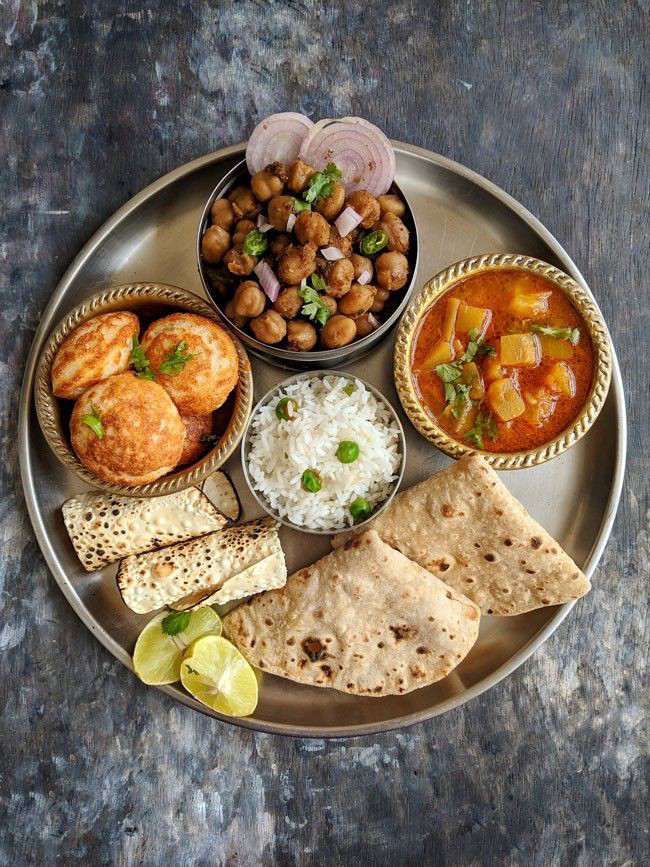The variety of foods available to us is vast and diverse, reflecting the different geographies, histories, and traditions of the world's many cultures. Different types of food are also associated with different nutritional benefits and health risks. A balanced and varied diet that includes a variety of foods from different food groups is essential for maintaining good health and preventing chronic diseases.
The three main macronutrients that our bodies need for energy are carbohydrates, proteins, and fats. Carbohydrates are found in foods such as grains, fruits, and vegetables, and provide the body with glucose, its primary source of energy. Proteins are found in foods such as meat, fish, and beans and are essential for building and repairing body tissues. Fats are found in foods such as nuts, seeds, and oils and provide the body with energy and insulation.
n addition to macronutrients, our bodies also require micronutrients, such as vitamins and minerals, in small amounts. These nutrients are essential for maintaining good health and preventing nutritional deficiencies. Foods such as fruits, vegetables, and whole grains are rich in vitamins and minerals and are an important part of a healthy diet.
Food also plays a central role in social and cultural rituals. The sharing of food is a universal practice that brings people together, and the preparation and consumption of certain foods are often associated with religious, cultural, or family traditions. In many cultures, food is also a symbol of hospitality, generosity, and goodwill.
However, the way we produce and consume food also has significant environmental, social, and economic impacts. The intensive use of fertilizers and pesticides in agriculture has led to soil degradation and water pollution, while the growth of large-scale monoculture farming has contributed to biodiversity loss and deforestation. Food production and transportation are also major contributors to greenhouse gas emissions and climate change.
Food production and consumption also have significant social and economic implications. The global food system is characterized by inequality and injustice, with millions of people around the world suffering from hunger and malnutrition, while others consume unhealthy diets that contribute to the rise of chronic diseases. The consolidation of power in the hands of a few large corporations has also led to the exploitation of farmers and workers in the food system.
To address these challenges, there is a growing movement towards sustainable and equitable food systems that prioritize the health of people and the planet. This includes initiatives to promote local and regional food systems, support small-scale and diversified farming, reduce food waste and loss, and ensure access to healthy and nutritious food for all.
In conclusion, food is a fundamental aspect of human existence that provides us with the energy and nutrients we need to function properly. It is also a central part of many cultures and social rituals. However, the way we produce and consume food has significant environmental, social, and economic impacts, and there is a growing need to build sustainable and equitable food systems that prioritize the health of people and the planet.








No comments:
Post a Comment